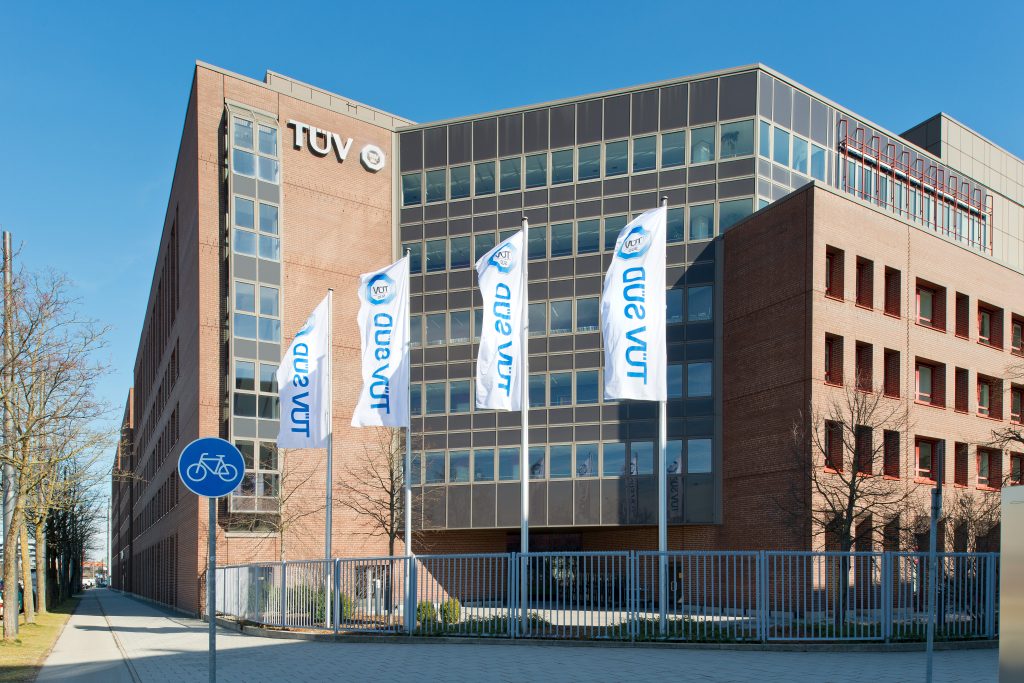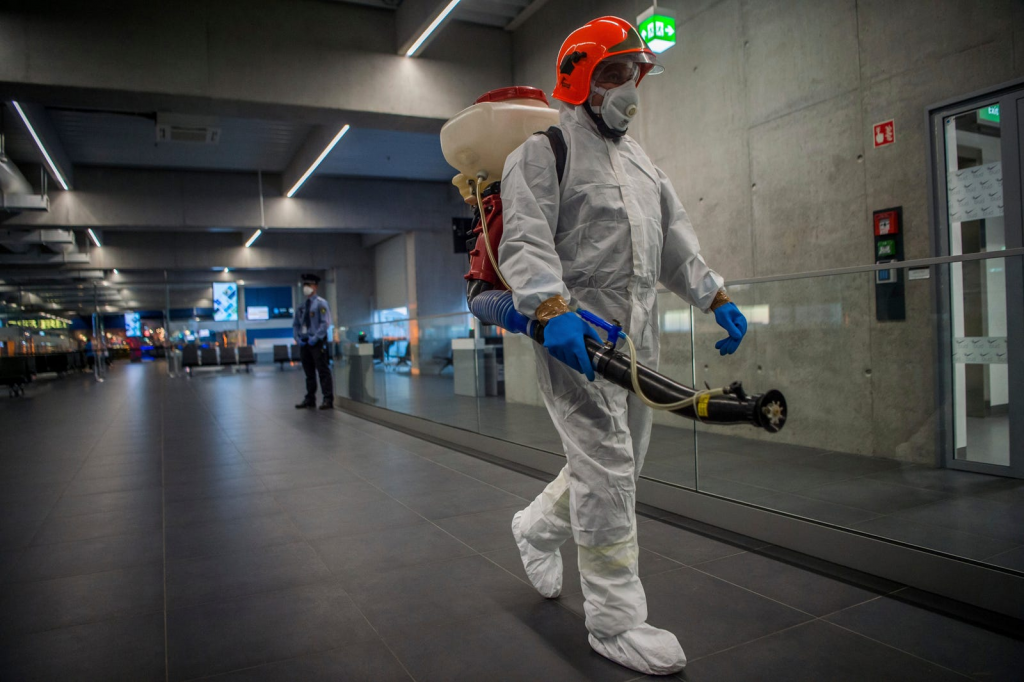Global certification firm TÜV SÜD has launched a specialized range of virtual training courses for those working in the 3D printing industry.
With eight paid modules on everything from design validation to quality management, the webinars are designed to provide participants with tailored industry-specific compliance training. Due to COVID-19, the seminars are exclusively being held online, but they still provide a timely opportunity for attendees to brush-up on their understanding of DIN, ISO and ASTM standards.
“As industrialization advances in additive manufacturing, the need for specialist expertise is becoming increasingly urgent,” said Gregor Reischle, Head of Additive Manufacturing at TÜV SÜD. “In addition, qualifications in this field are often still based on individual solutions, although an integrated approach is the only way to ensure a company’s operations are successful along the entire value chain.”

Setting standards with TÜV SÜD
Based in Munich, TÜV SÜD is a technical services corporation that specializes in the qualification of technological processes. The company has recently worked closely with 3D printing firms to develop industry-specific standards, and to certify their products as a means of lending them the universal credibility needed, to enable their wider industrialization.
As long ago as 2018, TÜV SÜD developed a metal powder certification program that allowed manufacturers to prove the quality of their processes, with Rosswag Engineering piloting the process. Since then, the organization has worked with engineering firm thyssenkrupp to help certify 3D printed train parts, as well as fellow standards firm ASTM International, to accelerate AM’s wider adoption.
TÜV SÜD has also been central to clarifying the legal requirements surrounding 3D printed PPE during the COVID-19 pandemic. Last year, the organization provided those companies contributing medical components during the crisis with clinical 3D printing checklists, to help them remain compliant with industry regulation.
Recently, TÜV SÜD has continued to develop ways of qualifying 3D printing processes, including carrying out its first ‘Industrial AM Production Site Certification’ at Sauber Engineering, and with its new training portal, the firm has now turned to helping engineers stay clued-up on regulation from the comfort of their homes.

Online industry-specific training
Launched on the basis that specialist expertise is paramount to 3D printing success, TÜV SÜD’s new courses are designed to provide users with knowledge of standards from across the industrial workflow. The training covers many areas in which compliance with DIN, ISO and ASTM standards is required, thus ensuring that vital information is delivered to participants in a highly-targeted manner.
TÜV SÜD’s virtual courses cover eight core subjects including: fundamentals, health and safety, specifications, quality and production management, risk assessment, industry standards and process/design validation. In each module, a clear distinction is made between old and new technologies, giving users a deeper insight into how standards have progressed in recent years.
The training is also designed to address the uncertainty that often surrounds the responsibilities of part suppliers as opposed to end-use manufacturers, as well as hazard assessment procedures. Using examples from occupational medicine, the training teaches risk management as a systematic process for constantly analysing, assessing and monitoring workplace hazards effectively.
Elsewhere, the courses offer participants the chance to learn how to perform industry-specific process validation within the quality control module, as well as design rules with regards to standardization. Interested parties can find out more via the firm’s training portal, while German speakers can now access an on-demand quality assurance webinar.
3D printing’s growing ‘skill-gap’
A growing volume of research is beginning to show that critical skill shortages exist within the 3D printing industry. The EU-funded SAM consortium conducted a multi-phase study last year, which found that additional part qualification training is urgently needed, to prevent engineers from being left behind.
Since then, the group has published its ‘European Roadmap for Additive Manufacturing,’ with the aim of tackling these skill-gaps across the 3D printing sector. To support the program’s roll-out, the SAM consortium now intends to introduce an ‘International AM Qualification System’ (IAMQS), that includes a standardized quality assurance syllabus.
In a similar vein, Massachusetts Institute of Technology (MIT) researchers have identified the skill-gaps that specifically exist within the U.S-based 3D printing workforce. As part of their broader ‘Work of the Future’ project, the team has called for incentivized employee upskilling programs, that actively encourage SMEs to adopt advanced technologies.
To stay up to date with the latest 3D printing news, don’t forget to subscribe to the 3D Printing Industry newsletter or follow us on Twitter or liking our page on Facebook.
Are you looking for a job in the additive manufacturing industry? Visit 3D Printing Jobs for a selection of roles in the industry.
Featured image shows the headquarters of TÜV SÜD in Munich, Germany. Photo via TÜV SÜD.



